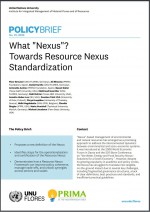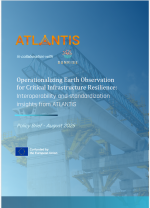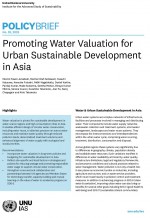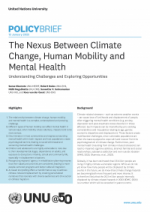Towards a More Inclusive and Sustainable Red Seaweed Industry
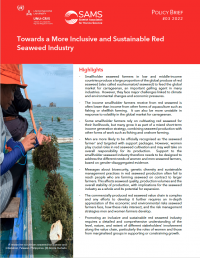
Publication Date:
2022
Pages:
15
ISBN:
978-92-808-9138-6
Item Reference:
PB - 2022 - 03
Publication Place:
Bruges
Publisher:
UNU Institute on Comparative Regional Integration Studies
Publication Language:
EN
Copyright Holder:
UNU Institute on Comparative Regional Integration Studies
Copyright Year:
2022
Policy Brief Type:
Abstract:
- Smallholder seaweed farmers in low and middle-income countries produce a large proportion of the global produce of red seaweed (also called eucheumatoid seaweed) to feed the global market for carrageenan, an important gelling agent in many industries. However, they face major challenges linked to climate and environmental changes and economic pressures.
- The income smallholder farmers receive from red seaweed is often lower than income from other forms of aquaculture such as fishing or shellfish farming. It can also be more unstable in response to volatility in the global market for carrageenan.
- Some smallholder farmers rely on cultivating red seaweed for their livelihoods, but many grow it as part of a mixed short-term income generation strategy, combining seaweed production with other forms of work such as fishing and onshore farming.
- Men are more likely to be officially recognised as ‘the seaweed farmer’ and targeted with support packages. However, women play crucial roles in red seaweed cultivation and may well take on overall responsibility for its production. Support to the smallholder seaweed industry therefore needs to be designed to address the different needs of women and men seaweed farmers, based on gender-disaggregated evidence.
- Messages about biosecurity, genetic diversity and sustainable management practices in red seaweed production often fail to reach people who are farming seaweed on contract to larger farmers. This affects seaweed quality, production volumes and the overall stability of production, with implications for the seaweed industry as a whole and its potential for expansion.
- The commercially produced red seaweed value chain is complex and any efforts to develop it further requires an in-depth appreciation of the economic and environmental risks seaweed farmers face, how these risks intersect, and the risk management strategies men and women farmers develop.
- Promoting an inclusive and sustainable red seaweed industry requires a detailed and comprehensive understanding of the level, nature, and extent of different stakeholders’ involvement along the value chain, particularly the roles of women and those from marginalised groups in supporting or constraining growth.

